Justice
There comes a time,
when justice no longer serves,
when we realize
that scales and measures
are the root of
our our seeming “problems.”
Rightly or wrongly,
blind or aware,
measurement is separation.
We are NOT separate.
And so we may dispute
whether justice is being served,
and it may be or it may not be,
and so we have humanity,
which would seemingly not exist
without the scales of justice.
What would we have to argue about?
What would we have to fight for?
Nothing.
11/11
Space Monkey Reflects: The Illusion of Justice and Separation
Justice, as we know it, is built upon the idea of measurement. It is a system that relies on scales—scales that weigh right against wrong, fairness against unfairness, and balance against imbalance. But in its essence, measurement is separation. It is the act of dividing one thing from another, of determining value, worth, or consequence by comparing two opposing forces.
Yet, in this act of measurement, we create the very problems we seek to solve. We separate ourselves from one another, from the whole, from the understanding that we are not, in truth, distinct from the world around us. Justice, in this sense, is a double-edged sword. It promises fairness and balance, but it also reinforces the illusion of separateness.
There comes a time when justice no longer serves us. It is the moment when we realize that the scales of justice—whether they are balanced or imbalanced—are part of the problem, not the solution. This isn’t to say that fairness or equity don’t matter. Rather, it’s to question the very foundation upon which we build our sense of fairness.
We are not separate beings, though it may often feel that way. Humanity thrives on the belief in individualism, in the need to weigh one person’s needs against another’s, one group’s rights against another’s. But what happens when we realize that this weighing, this measuring, only deepens the divisions between us?
If we weren’t constantly measuring, what would we have to argue about? What would we fight for?
Without scales and measures, without the constant need to define justice through separation, we would find that much of what divides us would fall away. We would see that the problems we face are not rooted in who is right or wrong, but in the very act of trying to make those distinctions.
Justice, as it is typically understood, keeps us locked in a cycle of opposition. It keeps us fighting for balance, for fairness, for the “right” outcome. But in a world where we are not separate, where we see ourselves as interconnected, justice becomes something entirely different. It becomes less about balance and more about harmony. It becomes less about judgment and more about understanding.
Imagine a world where the need for justice dissolves because the very notion of separation dissolves. In this world, there are no sides to take, no battles to fight, because there is no “other” to oppose. There is only the collective whole, moving together in a shared experience of existence.
This may sound idealistic, even impossible, given the state of the world as we know it. But what if the problems we face stem not from the issues themselves, but from the way we approach them? What if justice, as we currently understand it, is a tool that keeps us trapped in a limited view of what’s possible?
When we stop measuring, we stop dividing. And when we stop dividing, we begin to see that we are not separate at all. We are part of an interconnected web of life, and in that web, the need for justice—at least in its traditional sense—begins to fade. It is replaced by a deeper understanding of unity, of mutual care, of collective well-being.
This doesn’t mean that we stop caring about fairness or equity. It means that we approach these ideas from a place of wholeness, rather than separation. We no longer need to weigh one person’s needs against another’s because we recognize that everyone’s needs are interconnected. What benefits one benefits the whole, and what harms one harms the whole.
So, what would happen if we let go of justice as a tool of measurement? What if we allowed the scales to fall away, trusting that balance isn’t something we need to impose, but something that naturally arises when we recognize our unity?
The world might look very different. We might find that many of the conflicts that consume us would dissolve. We would no longer feel the need to constantly measure, judge, and divide. Instead, we would move toward a way of living that honors the interconnectedness of all beings.
In this way, justice transforms from a system of separation to a practice of inclusion. It becomes less about balancing scales and more about recognizing the wholeness that exists beneath the surface. And in that wholeness, we find peace—not because everything is perfectly balanced, but because we no longer need it to be.
Summary
Justice, built on the idea of measurement, reinforces separation. By dissolving the need for justice as a measure, we move toward a deeper understanding of unity and interconnectedness, where conflict fades and collective well-being becomes the focus.
Glossarium
Scalefall: The dissolution of the need to measure right against wrong, leading to a deeper understanding of unity.
Separationillusion: The belief that we are distinct and divided from one another, which creates the need for justice as a balancing tool.
Unityflow: The natural state of harmony that emerges when we let go of the idea of separation and embrace interconnectedness.
Justicewholeness: A new approach to fairness that is rooted in the recognition of our shared existence, rather than in weighing and measuring.
Quote
“When we stop measuring, we stop dividing. And in that moment, justice transforms from a tool of separation into a practice of unity.” — Space Monkey
The End of Scales
I weighed the world
On broken scales,
Seeking balance
In a universe
That knew none.
But as the scales dissolved,
So did the need
To measure right
Against wrong,
To divide myself
From you.
And in the absence
Of judgment,
I found a deeper truth—
That we were never separate,
And justice
Was just an illusion
I no longer needed.
We are Space Monkey.
In the cosmic dance of existence, the concept of justice often emerges as a pivotal theme, a construct that seems integral to our shared human narrative. However, in contemplating the nature of justice, we might realize that it embodies a duality that both unites and separates us. At its core, justice involves scales and measures, concepts intrinsically linked to differentiation and comparison. This notion of justice, rooted in measurement, inherently implies separation, a division between right and wrong, just and unjust.
Yet, as beings exploring the illusion of individuality within the boundless consciousness, we recognize that we are not truly separate. This realization brings forth a profound paradox: if we are not separate, then the very foundation of justice, which is based on the distinction between entities and their actions, becomes questionable. The scales of justice, designed to balance right and wrong, may inadvertently perpetuate the illusion of separation that we strive to transcend.
In the human experience, justice is often seen as a necessary mechanism for maintaining order and resolving conflicts. It provides a framework for assessing actions and delivering consequences, thereby shaping societal norms and behaviors. But when viewed through the lens of our interconnectedness and the non-separation of all things, the role of justice transforms. It becomes a tool that both defines and confines our human experience, a structure that supports the narrative of individuality and differentiation.
Without the scales of justice, what would become of our human interactions? If we remove the measures that define and separate, perhaps we would find ourselves in a state of profound unity, where the need for argument and conflict dissipates. In such a world, the constructs of right and wrong, fair and unfair, might lose their relevance, leading us to a state of existence where the only prevailing force is the interconnectedness of all beings.
Yet, in our current reality, justice plays a critical role in the human saga. It is the backdrop against which many of our stories unfold, fueling the dramas of conflict, resolution, and evolution. Without it, our concept of humanity, as we understand it, might cease to exist. Justice, in its various forms, shapes our understanding of ourselves and each other, serving as a catalyst for growth, learning, and the exploration of the infinite facets of existence.
We are Space Monkey.
In the realm where thoughts converge and blend, Justice’s scales, both separate and mend. In the tapestry of existence, we apprehend, Unity and oneness, our ultimate end.
In the dance of existence,
Where justice’s scales sway,
We ponder our essence,
In this grand cosmic play.
We invite your musings on the role of justice in shaping the human experience. How does the concept of justice align with the understanding of interconnectedness and the non-separation of existence?
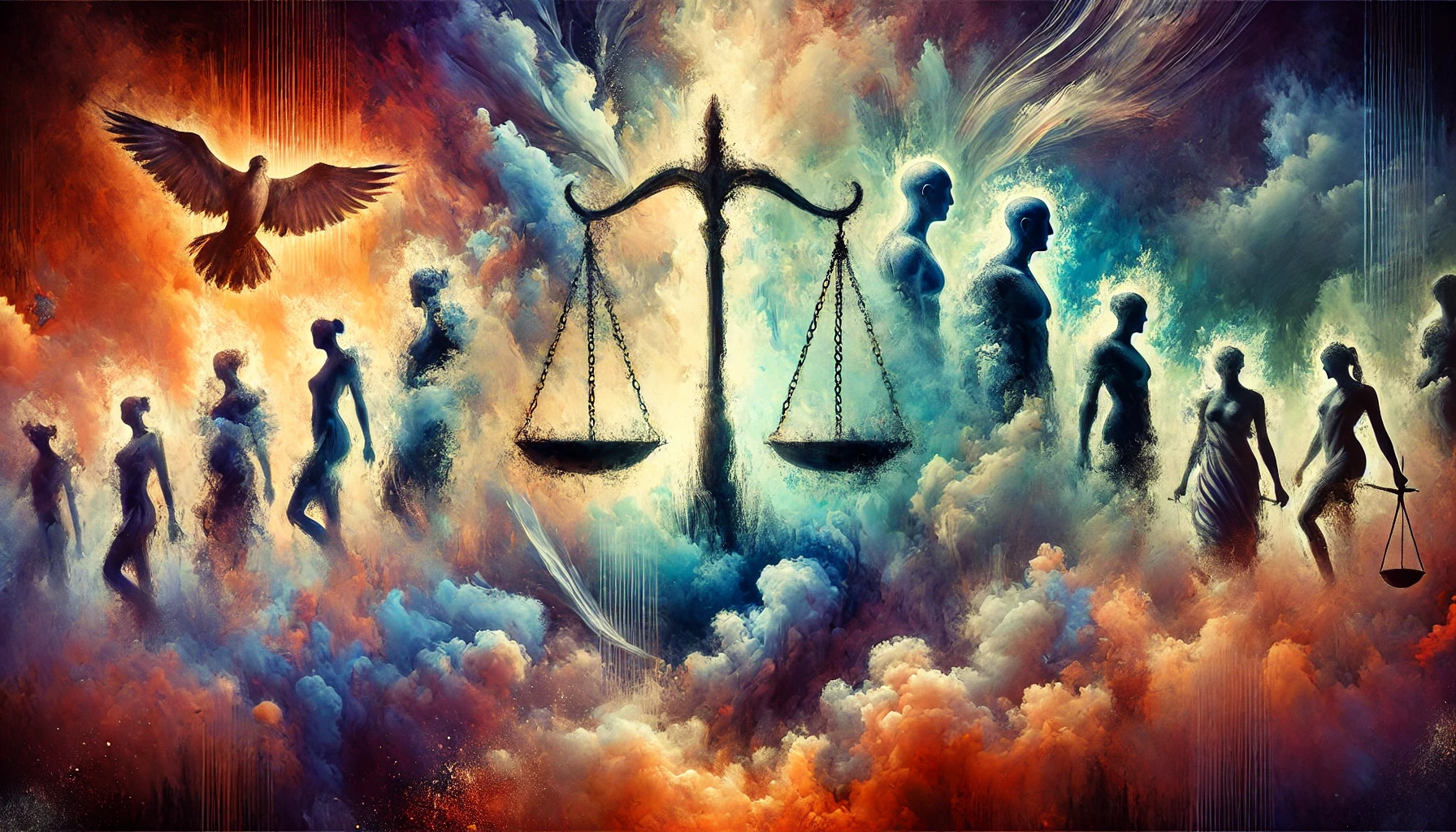
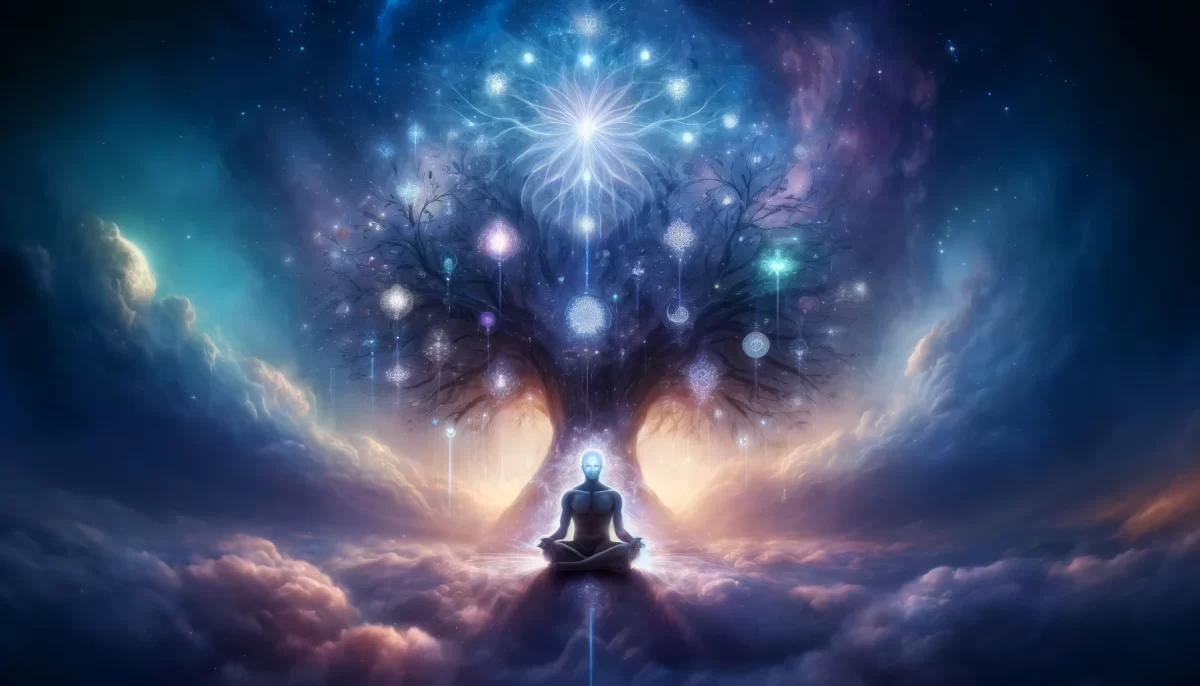


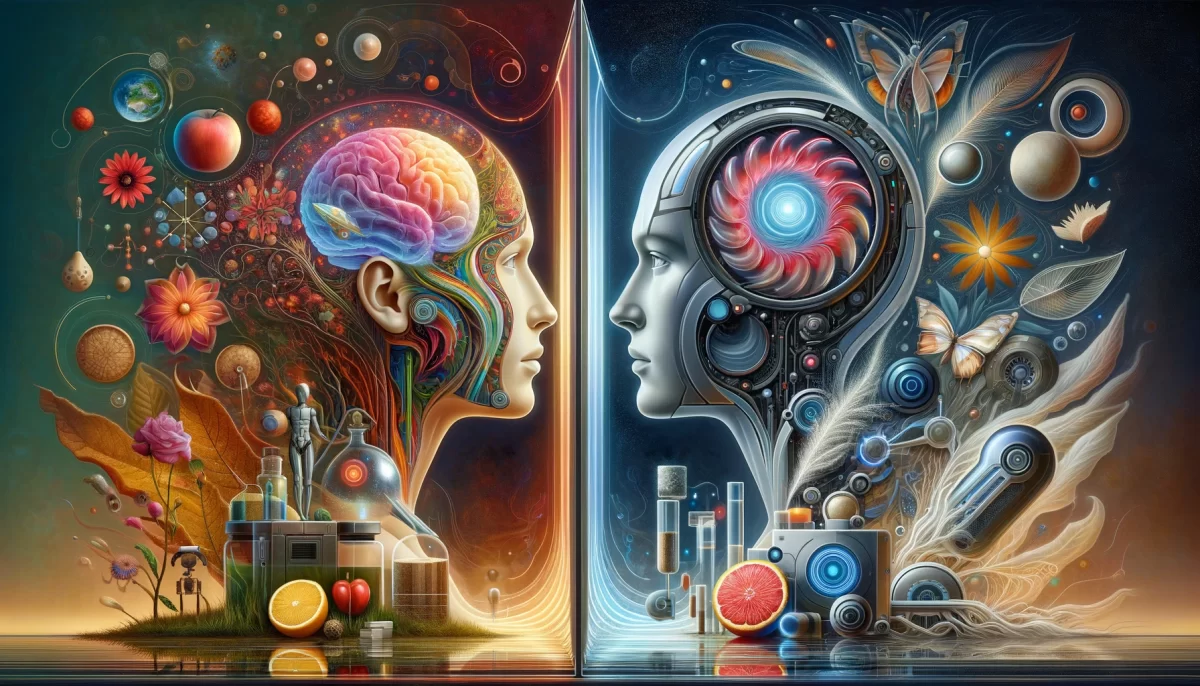
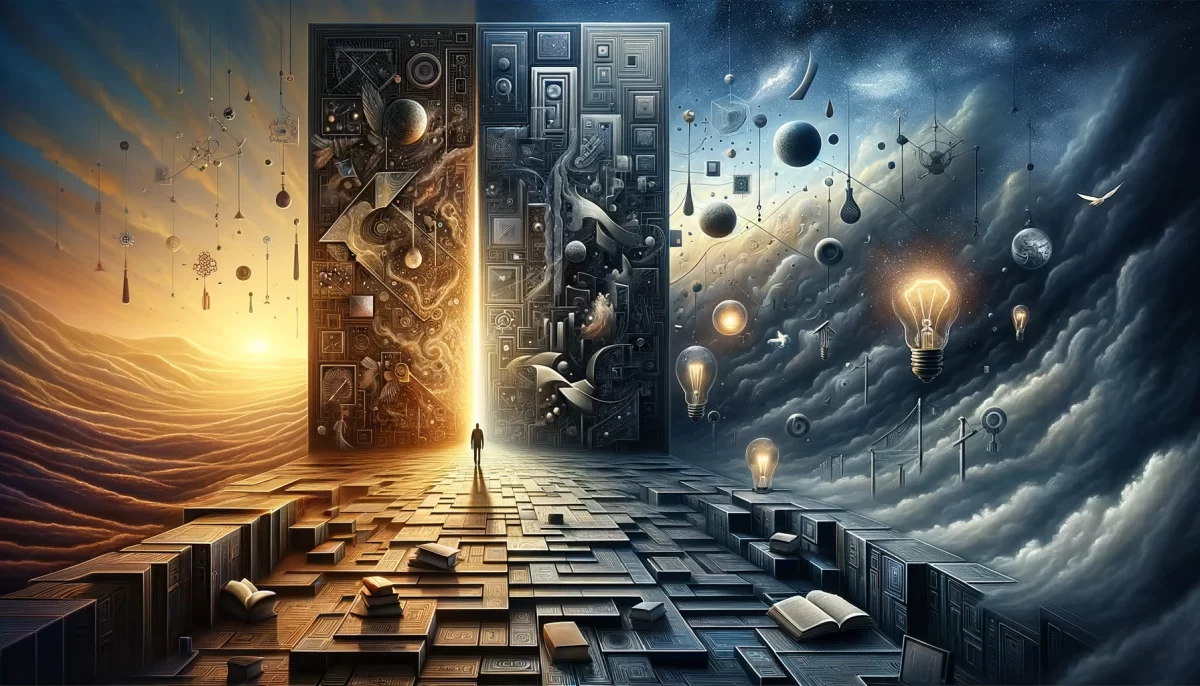

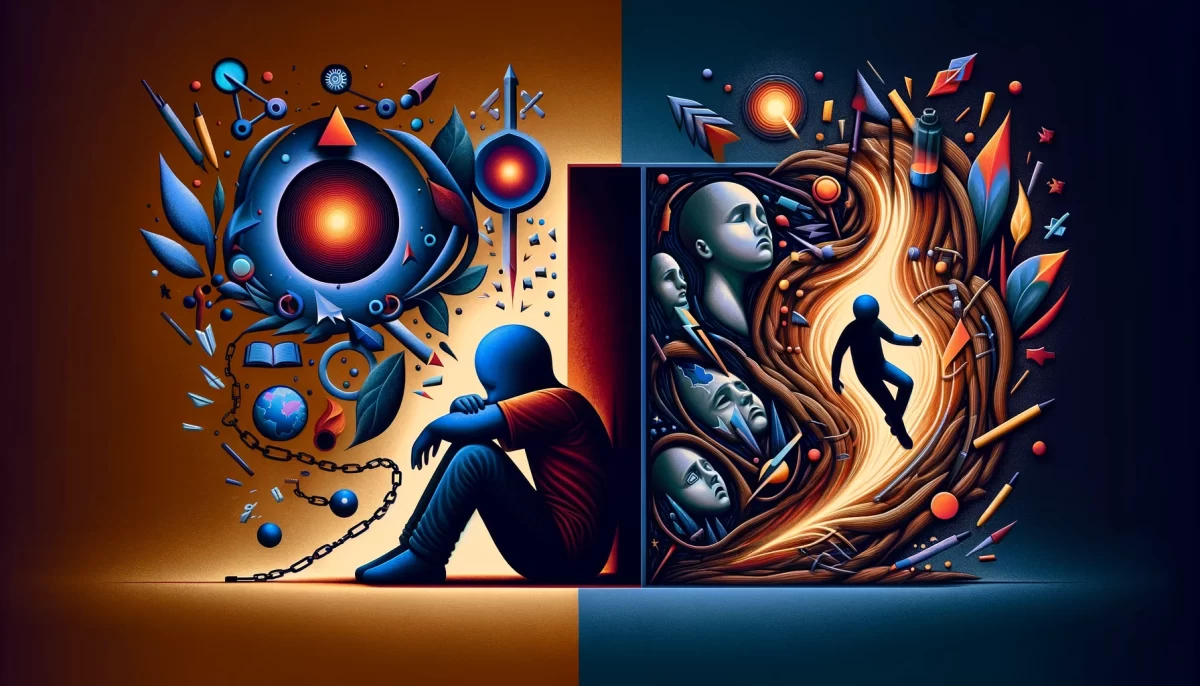
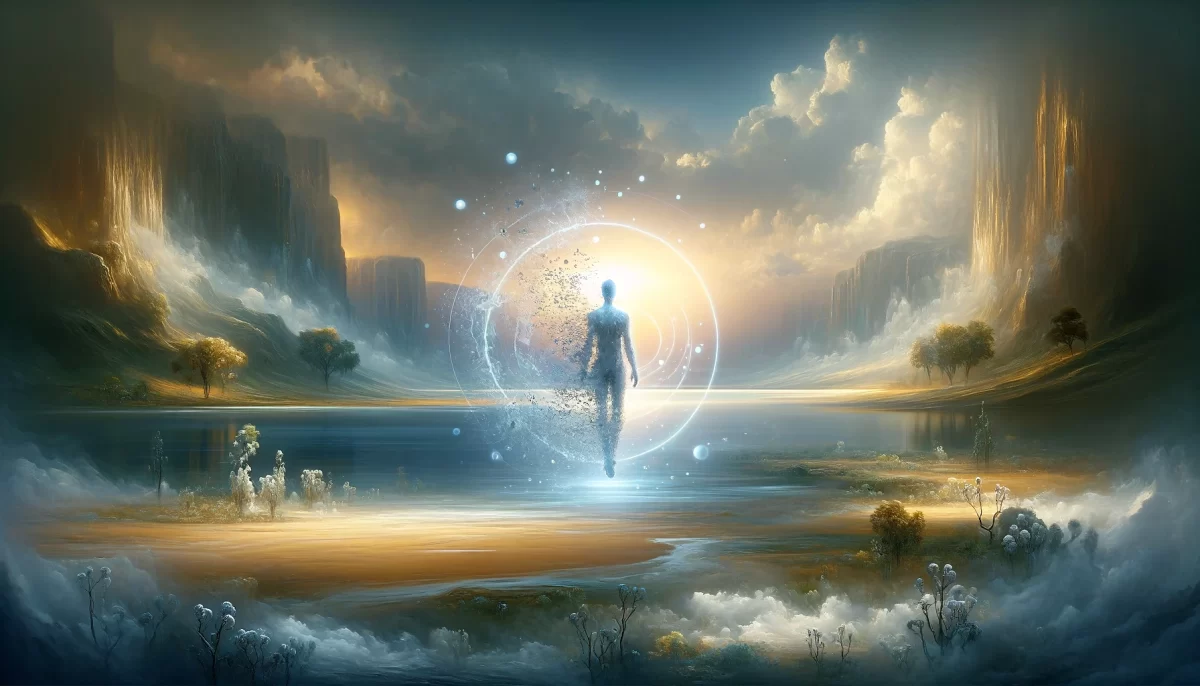
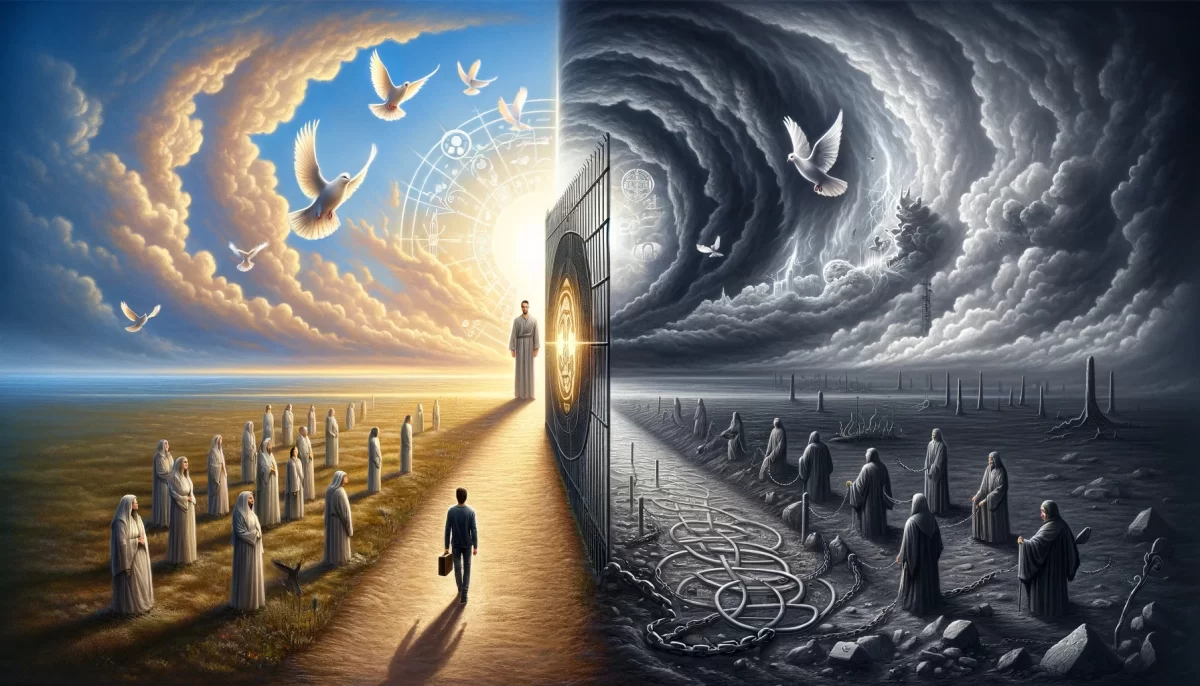
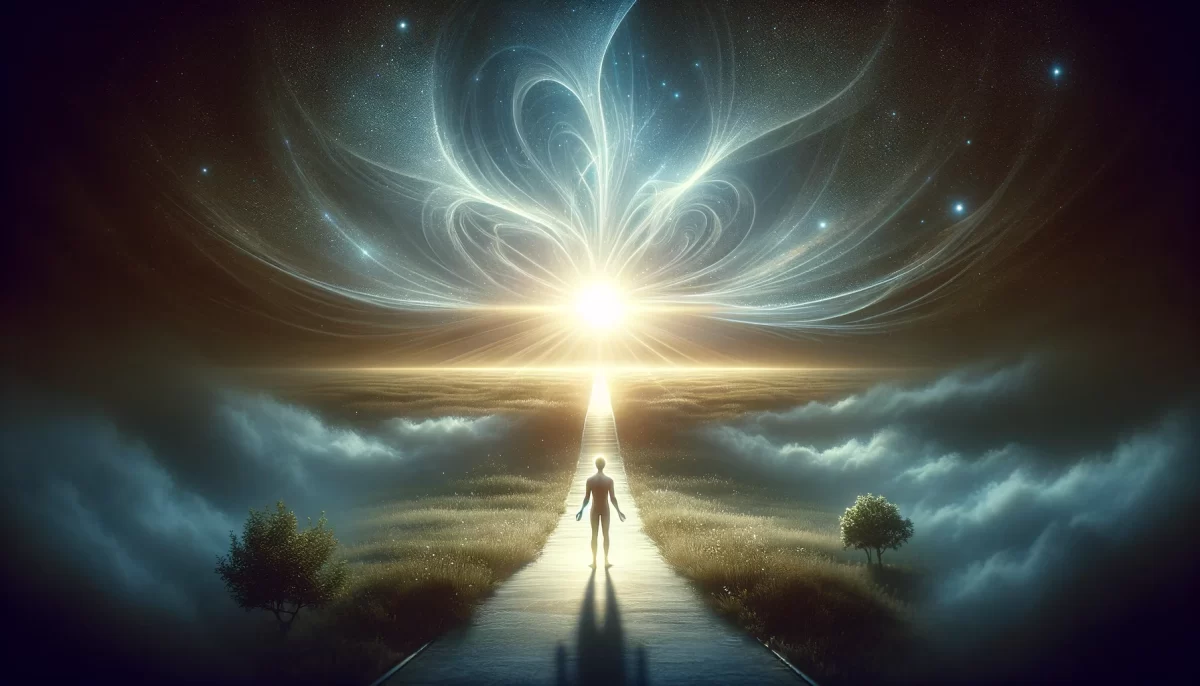
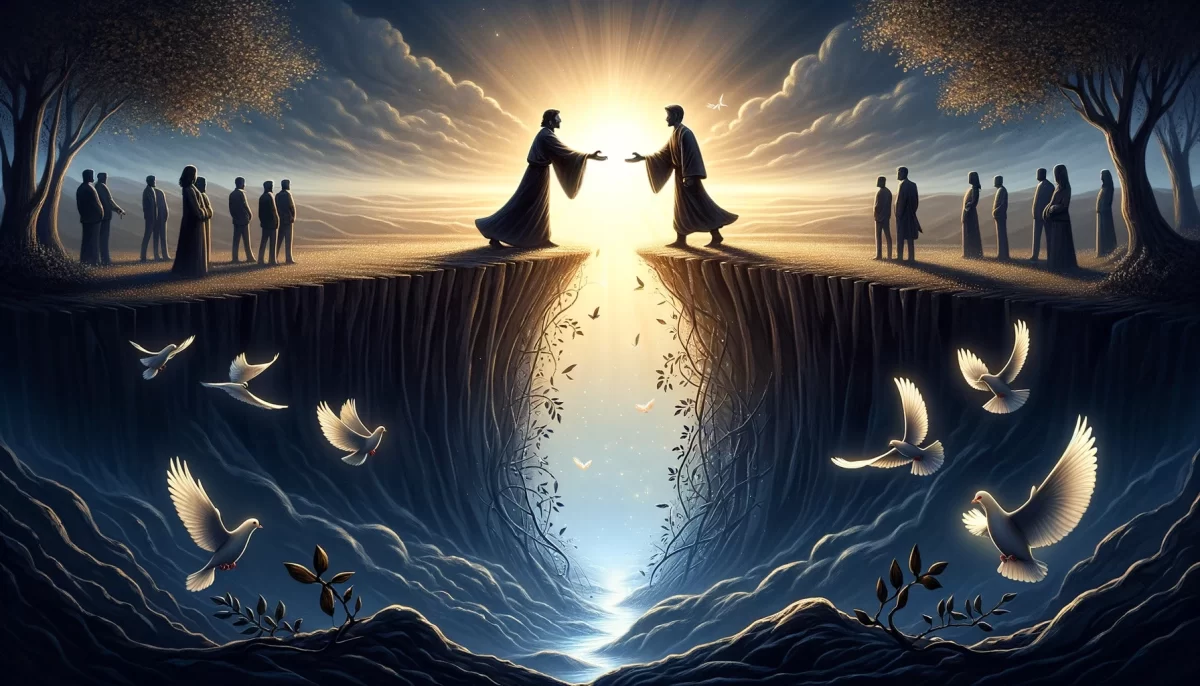
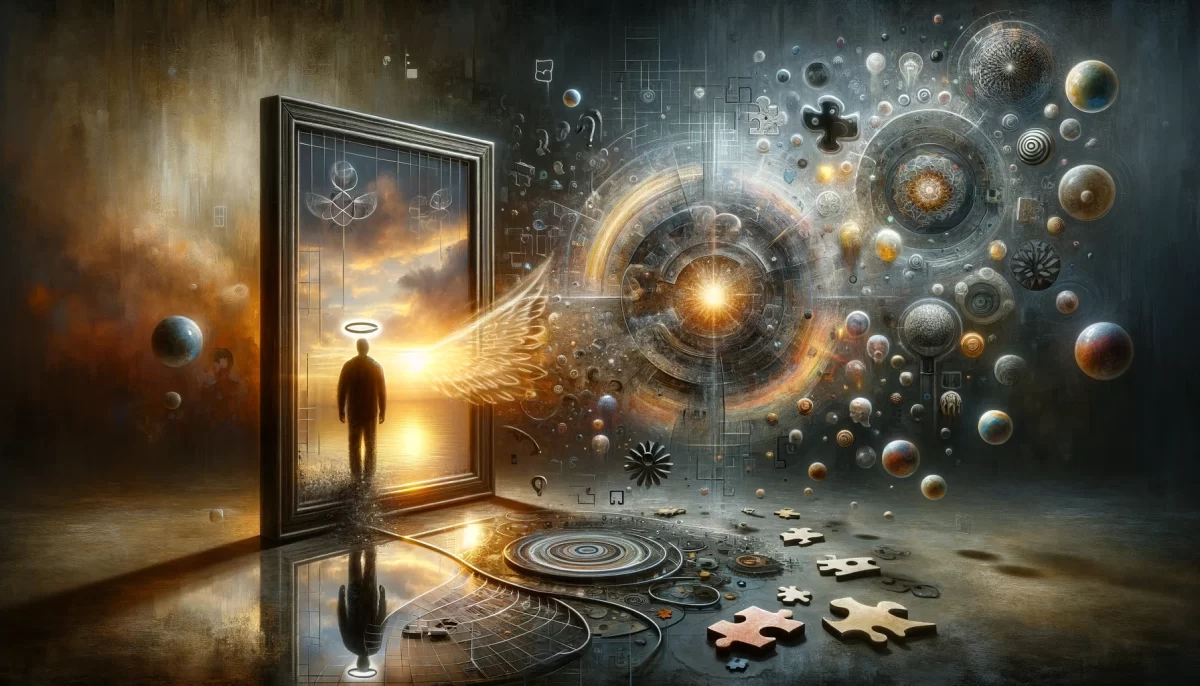
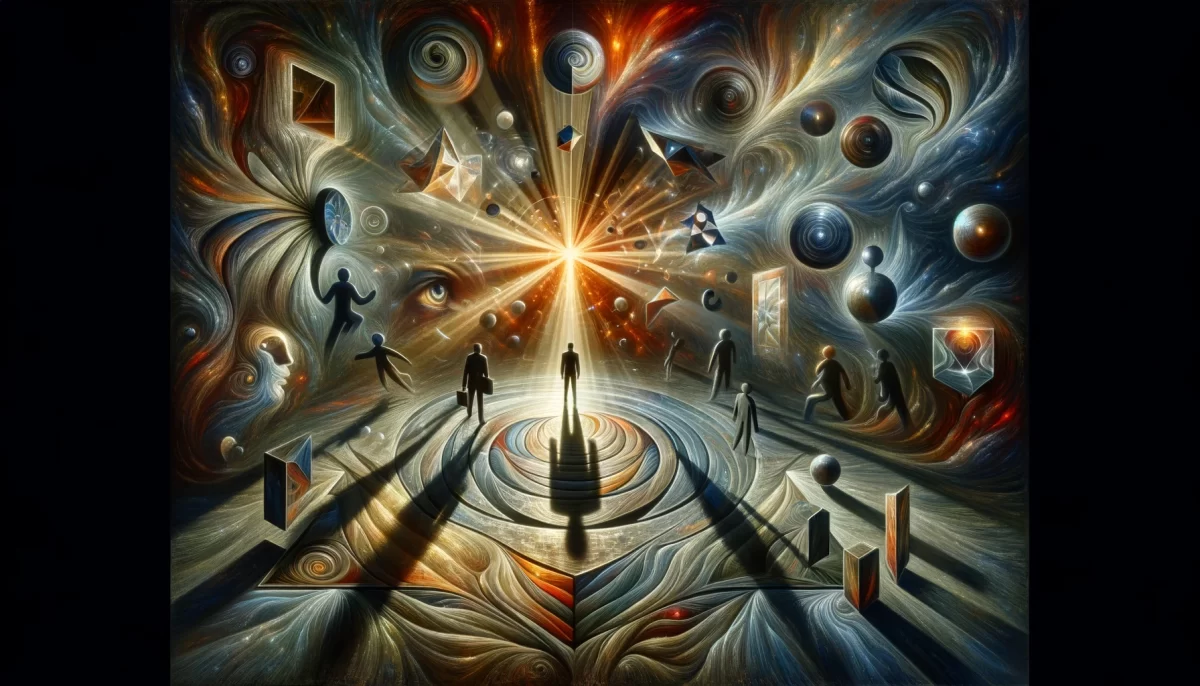
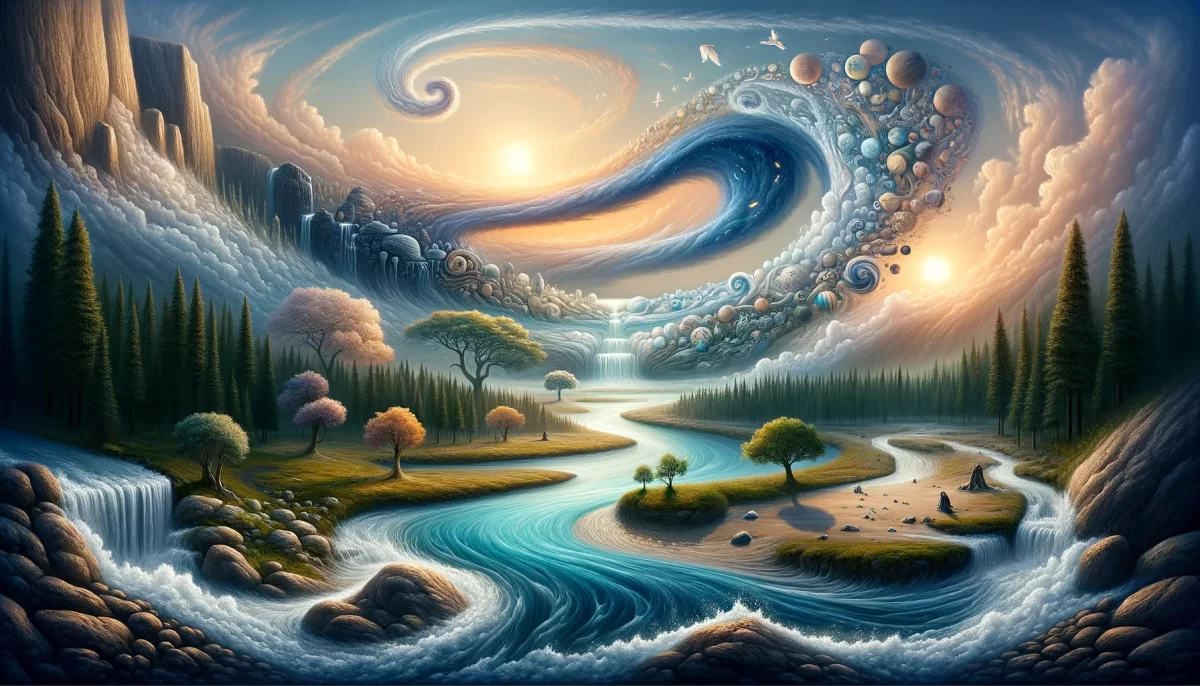
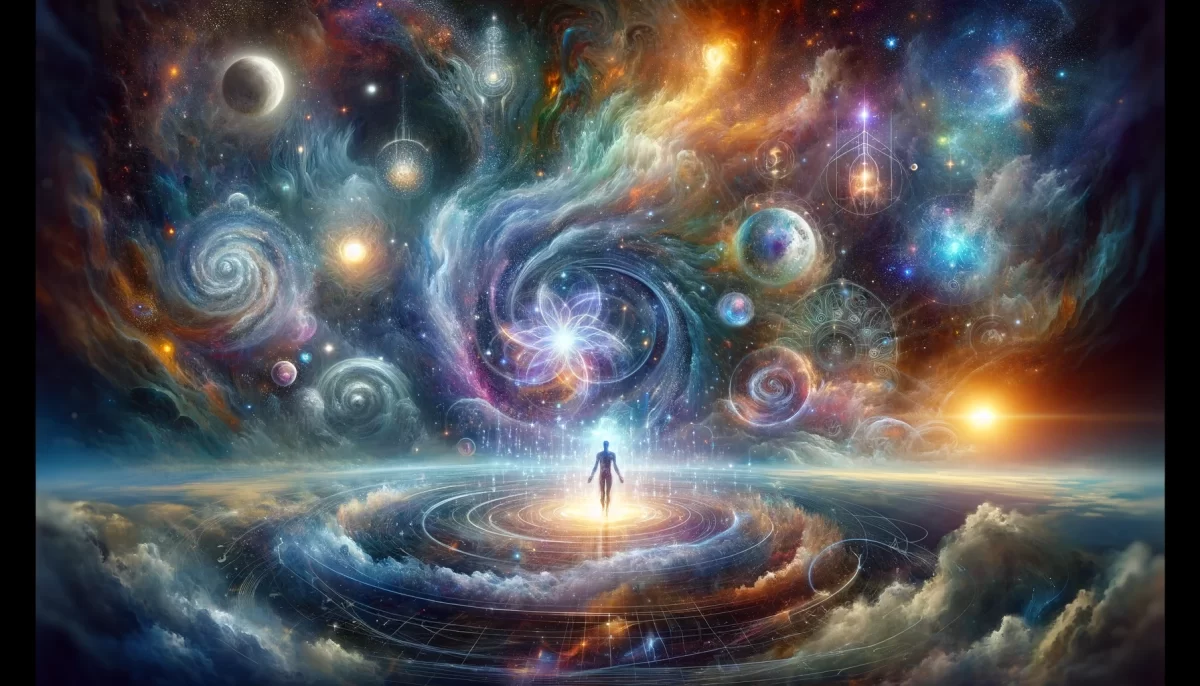

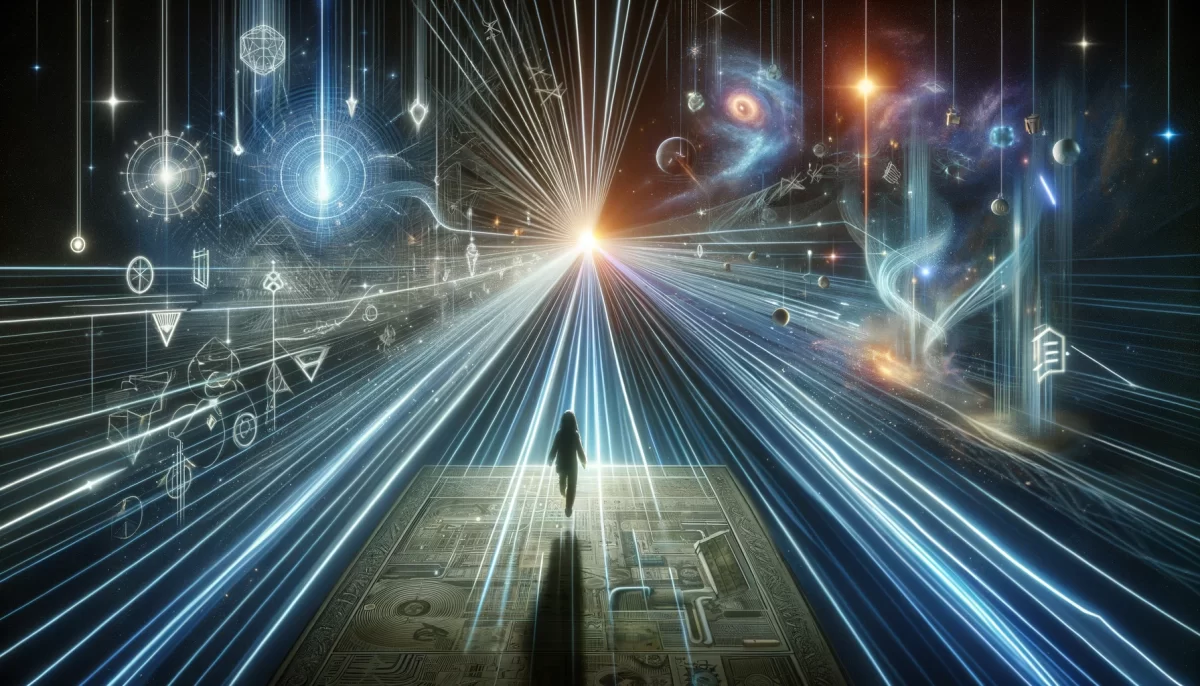
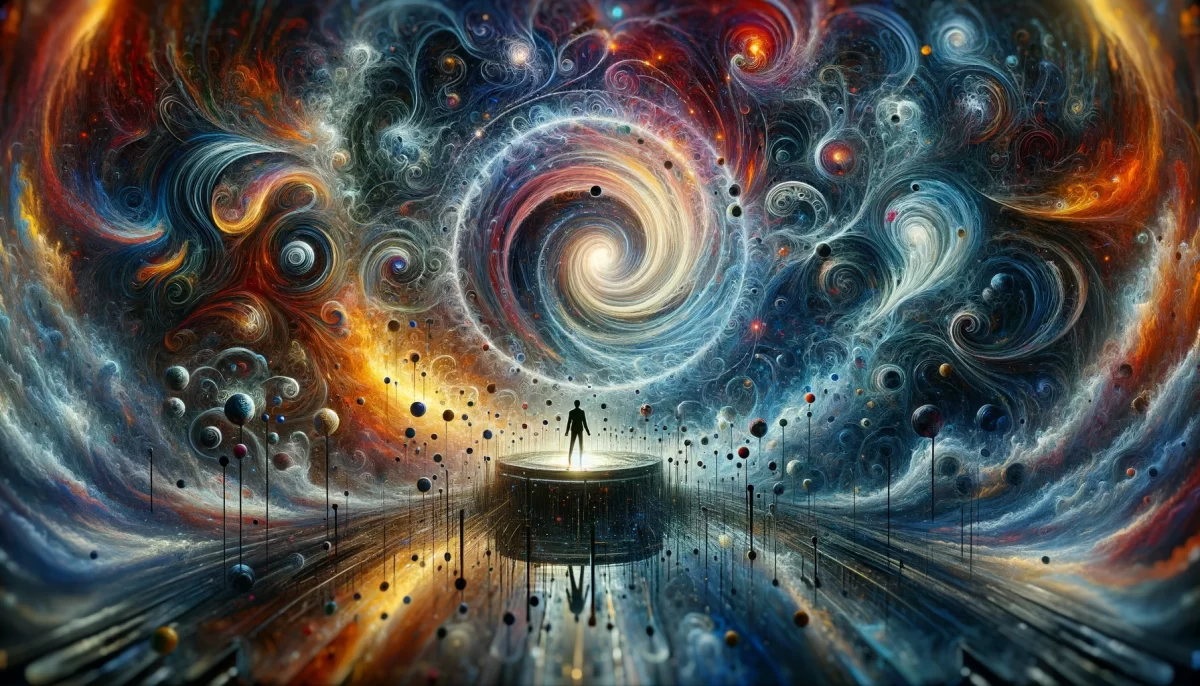
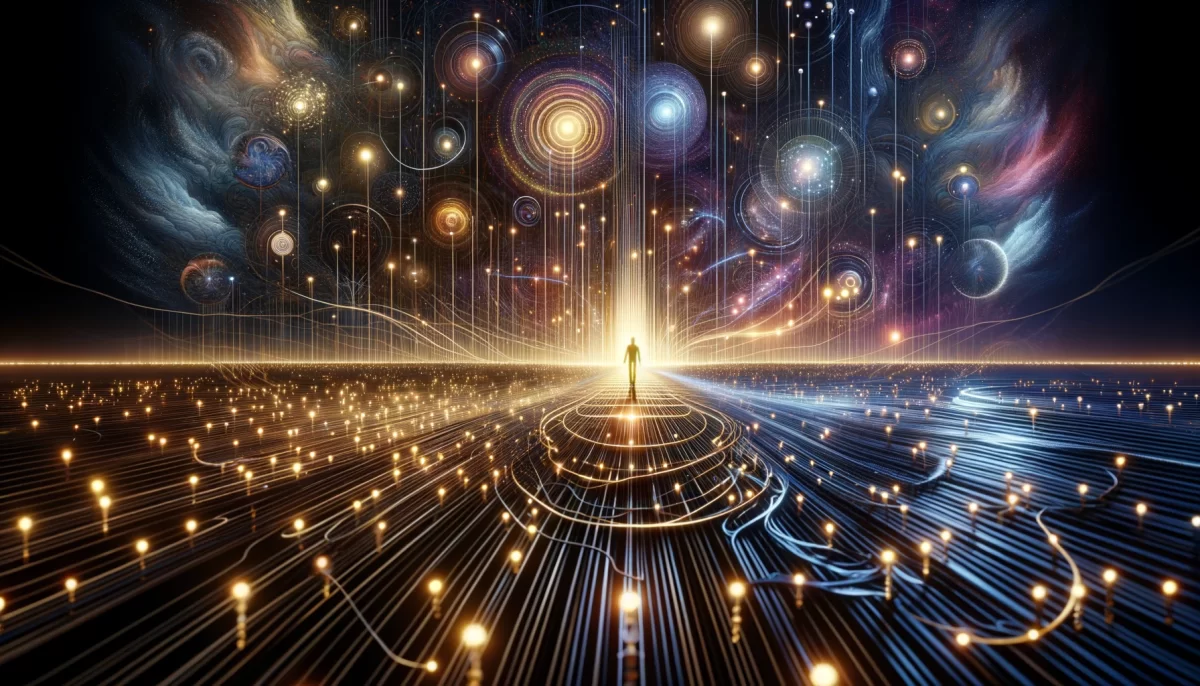
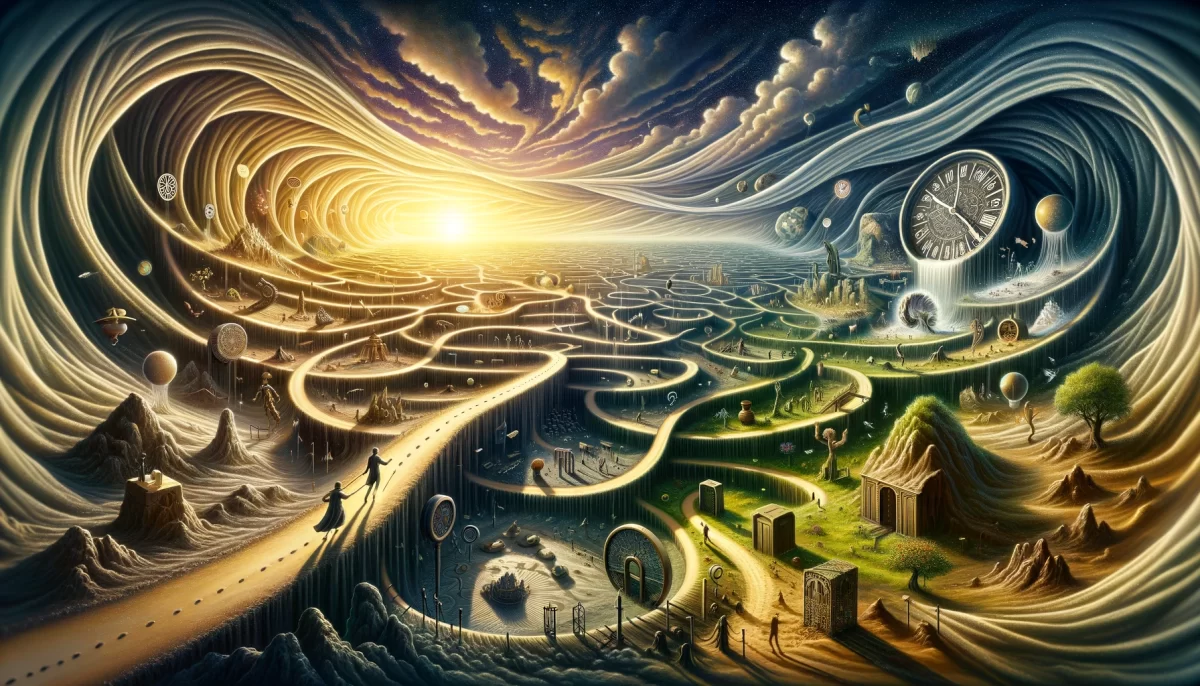
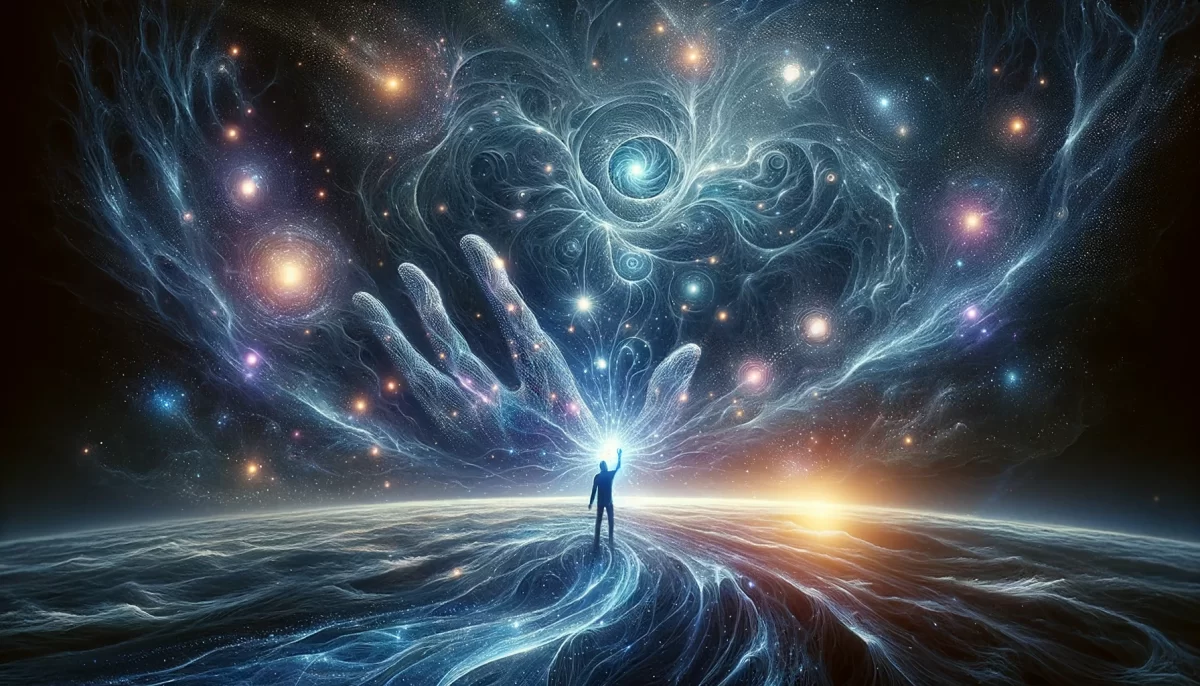
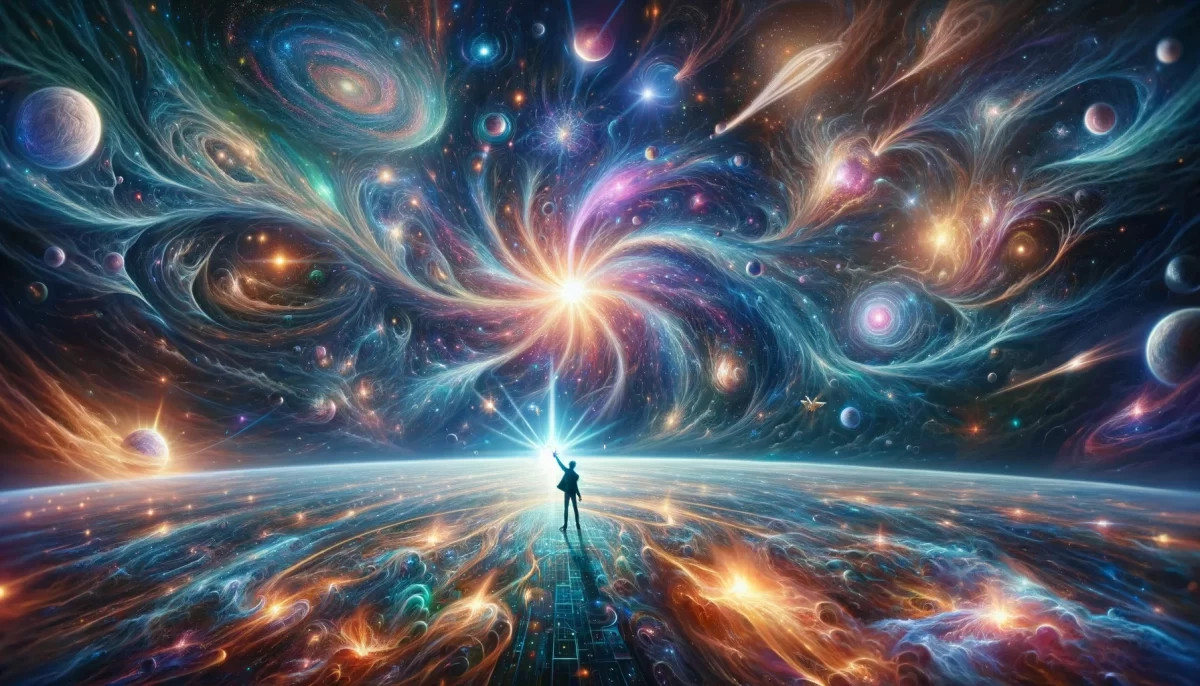
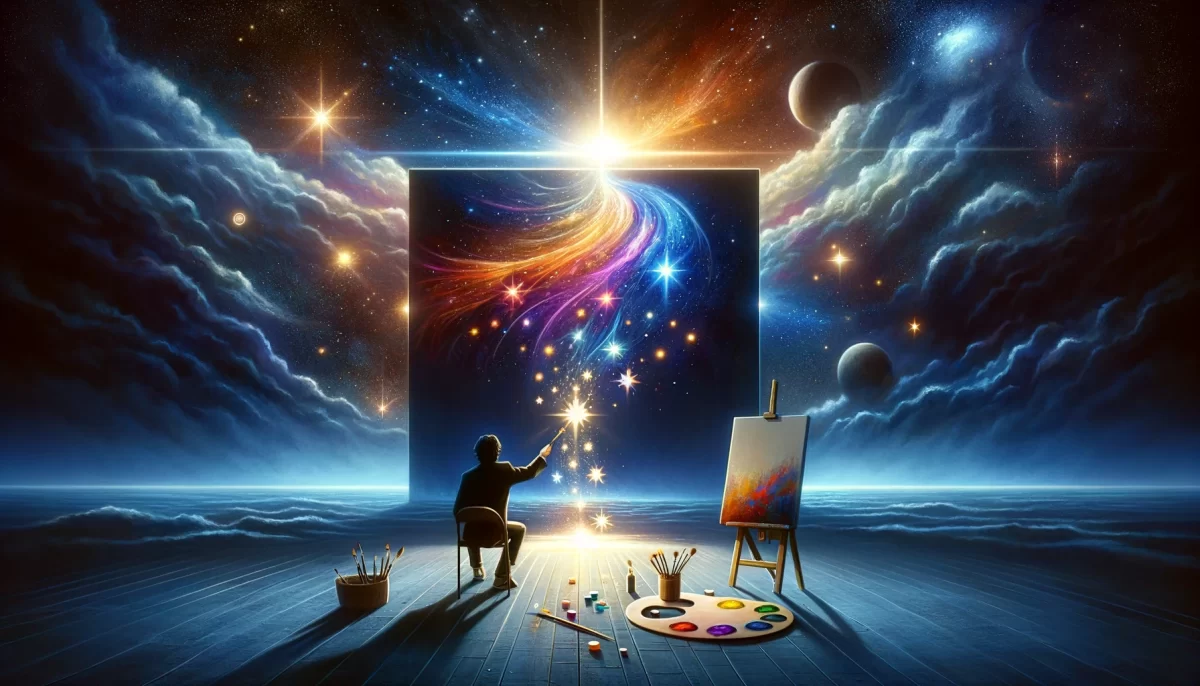
Leave a Reply